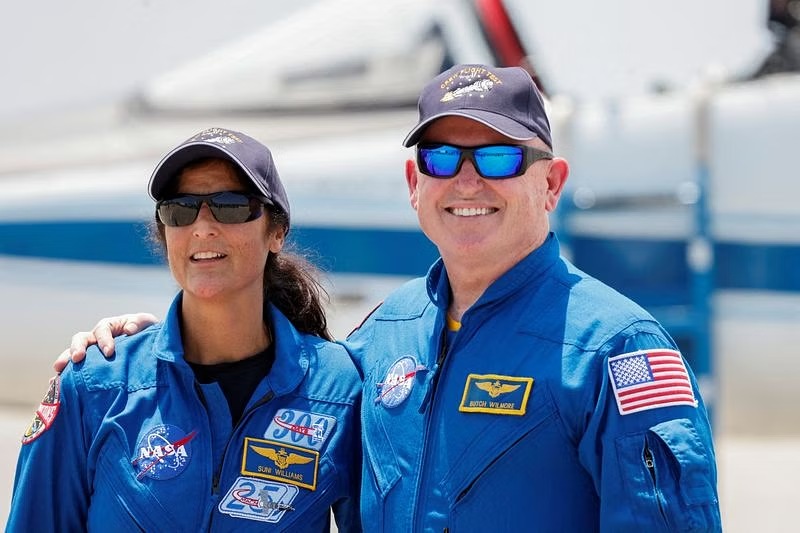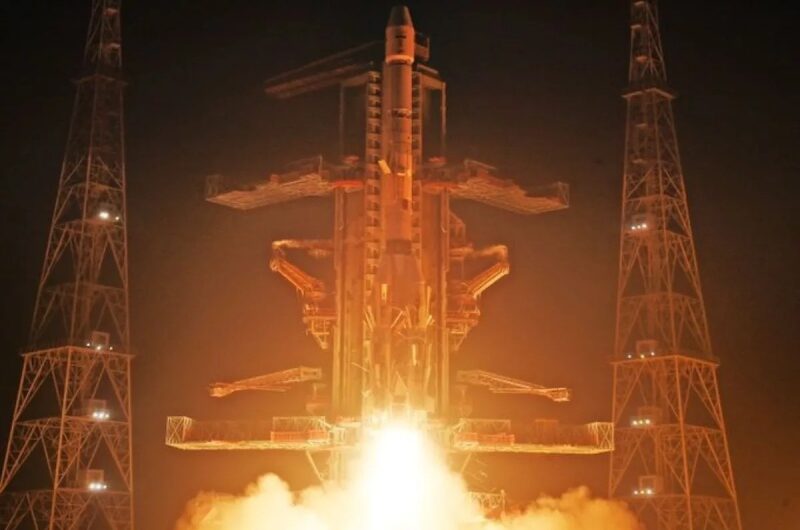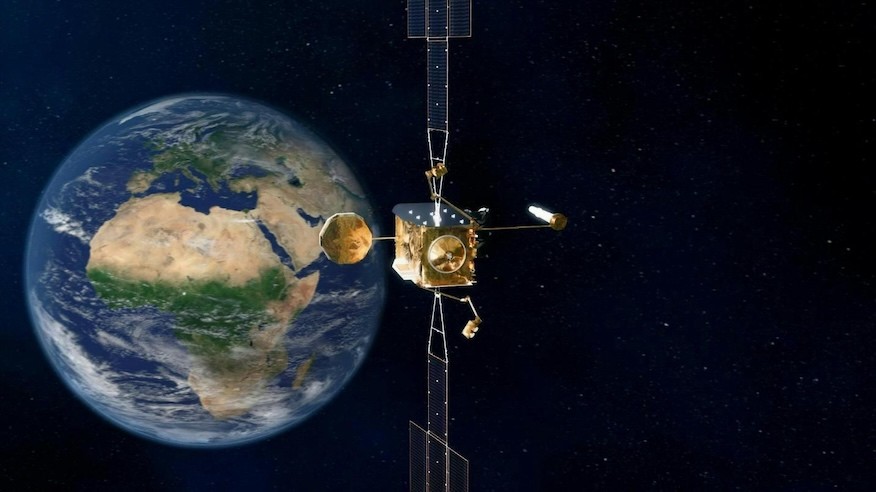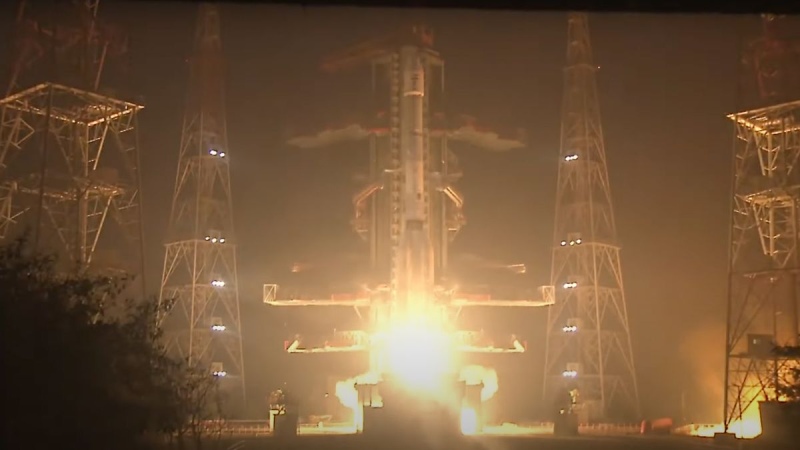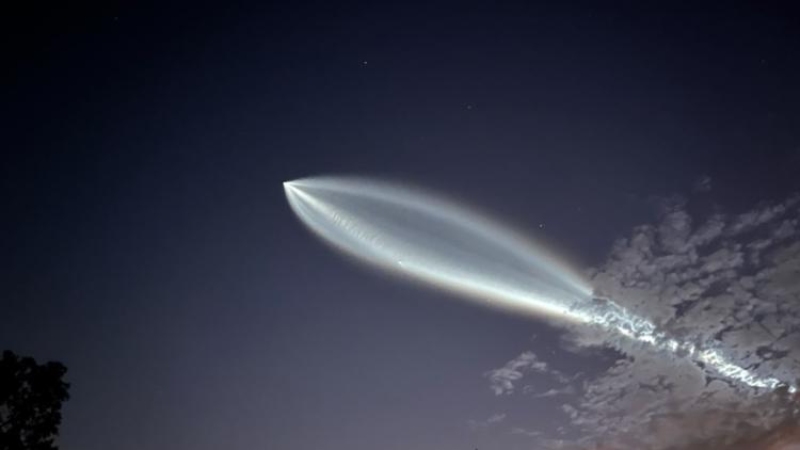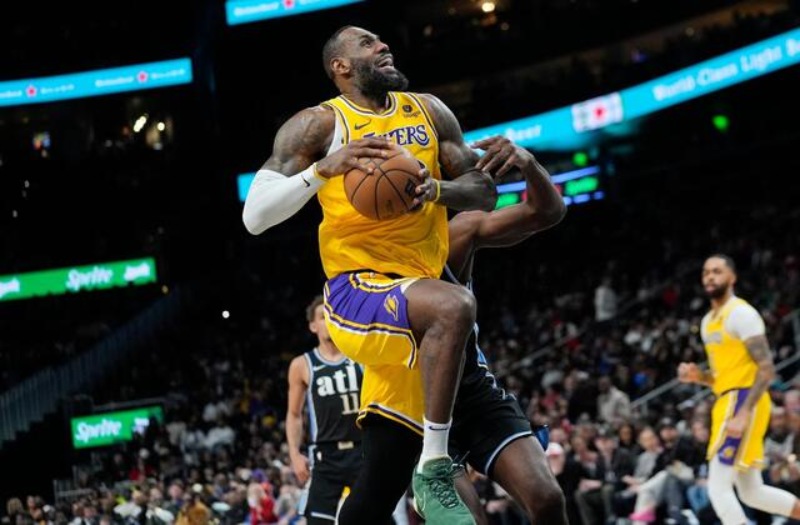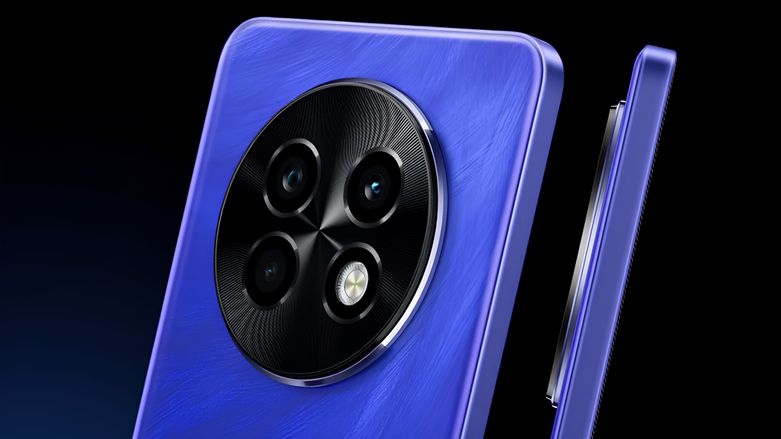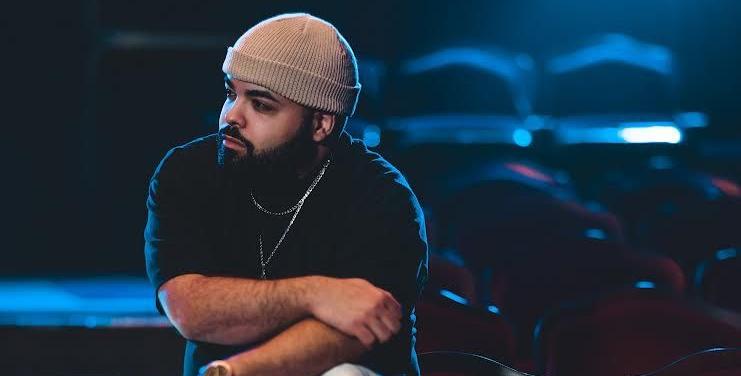A SpaceX capsule, sent to retrieve two astronauts stranded on the International Space Station (ISS), has successfully docked. The Dragon capsule, which was equipped with two vacant seats meant for astronauts Butch Wilmore and Suni Williams, docked at the station at 17:30 Eastern Time (22:30 BST).
Wilmore and Williams originally arrived at the ISS in June aboard Boeing’s new Starliner capsule for what was meant to be an eight-day mission. However, they were compelled to extend their stay due to a malfunction that was discovered during their journey. Now, February is when they are expected to return to Earth.
On Saturday, the Dragon spacecraft carrying Russian cosmonaut Alexander Gorbunov and NASA astronaut Nick Hague lifted out from Cape Canaveral, Florida. Hague, who has previously completed a stint on the ISS, and Gorbunov are set to join the existing crew before facilitating the return journey for Wilmore and Williams.
The mission, initially planned for a Thursday launch, was postponed due to Hurricane Helene, which caused widespread damage across the southeastern United States, including Florida, in recent days.
The docking of the Dragon capsule occurred as the ISS orbited 265 miles (426 kilometers) above Botswana in southern Africa. Inside footage showed both Hague and Gorbunov arriving with smiles, posing for photographs alongside the other crew members.
The original mission aboard Boeing’s Starliner, which launched on June 5, marked the capsule’s first crewed test flight and Boeing’s initial effort to transport astronauts to the ISS. During this flight, the Starliner experienced multiple technical issues, including helium leaks in its propulsion system and problems with several thrusters.
Following months of investigation by NASA and Boeing engineers, NASA determined in late August that the Starliner was not yet safe to bring Wilmore and Williams back to Earth. The Starliner project had already faced multiple delays over the years due to issues that emerged during uncrewed test flights in 2019 and 2022.
Since NASA retired its space shuttle fleet in 2011, the agency has been dependent on Russia’s Soyuz spacecraft for transport to and from the ISS. NASA has been working toward the goal of having two American companies capable of performing these missions. To that end, contracts were awarded to Boeing and SpaceX in 2014, valued at $4.2 billion (£3.2 billion) and $2.6 billion (£2 billion) respectively.
In 2020, SpaceX, founded by billionaire Elon Musk, made history by becoming the first private company to transport astronauts to the ISS, marking a significant milestone in the collaboration between private enterprise and space exploration.
Topics #Astronaut #Earth #Elon Musk #galaxy #International Space Station #ISS #Moon #NASA #news #SpaceX #SpaceX capsule #Sunita Williams #universe
